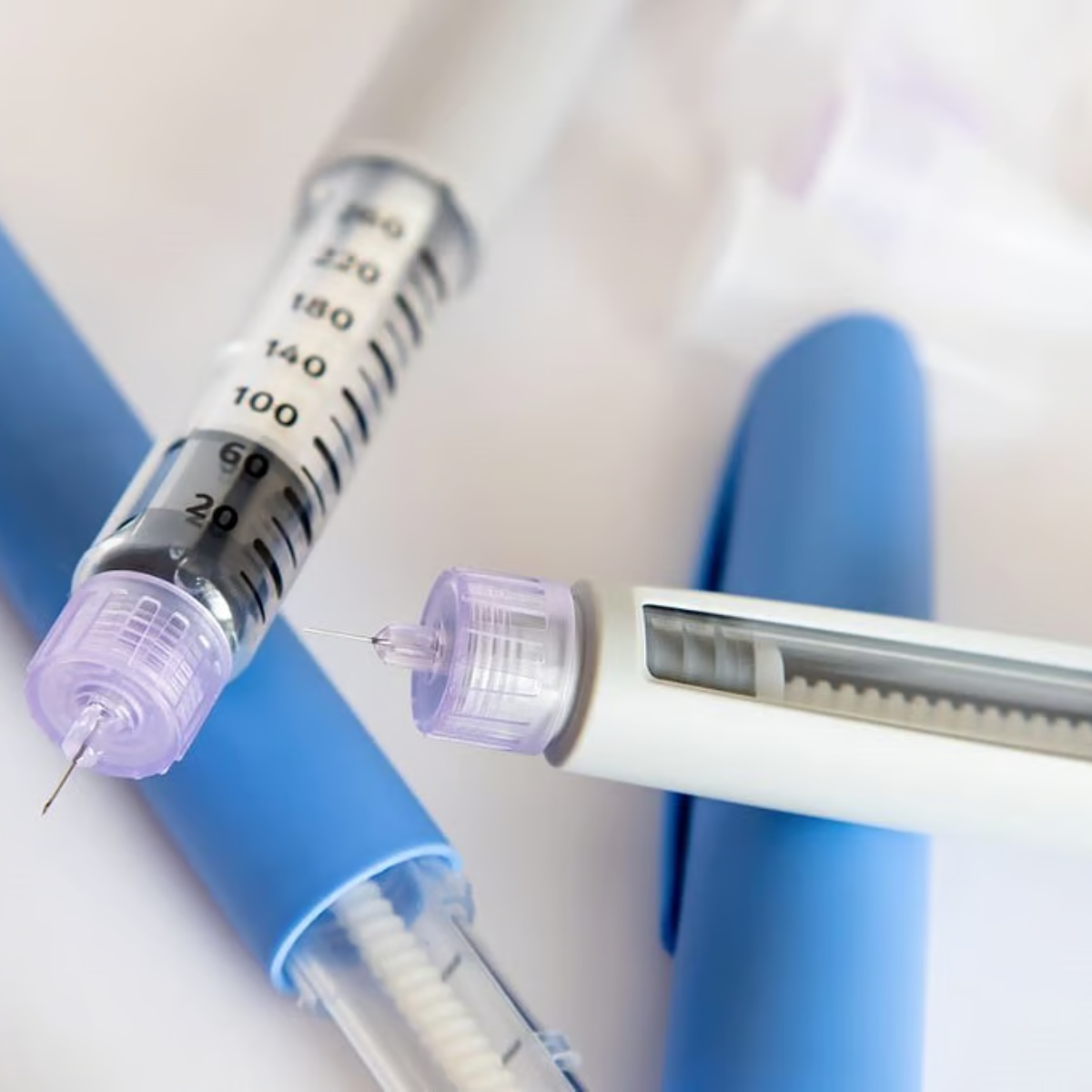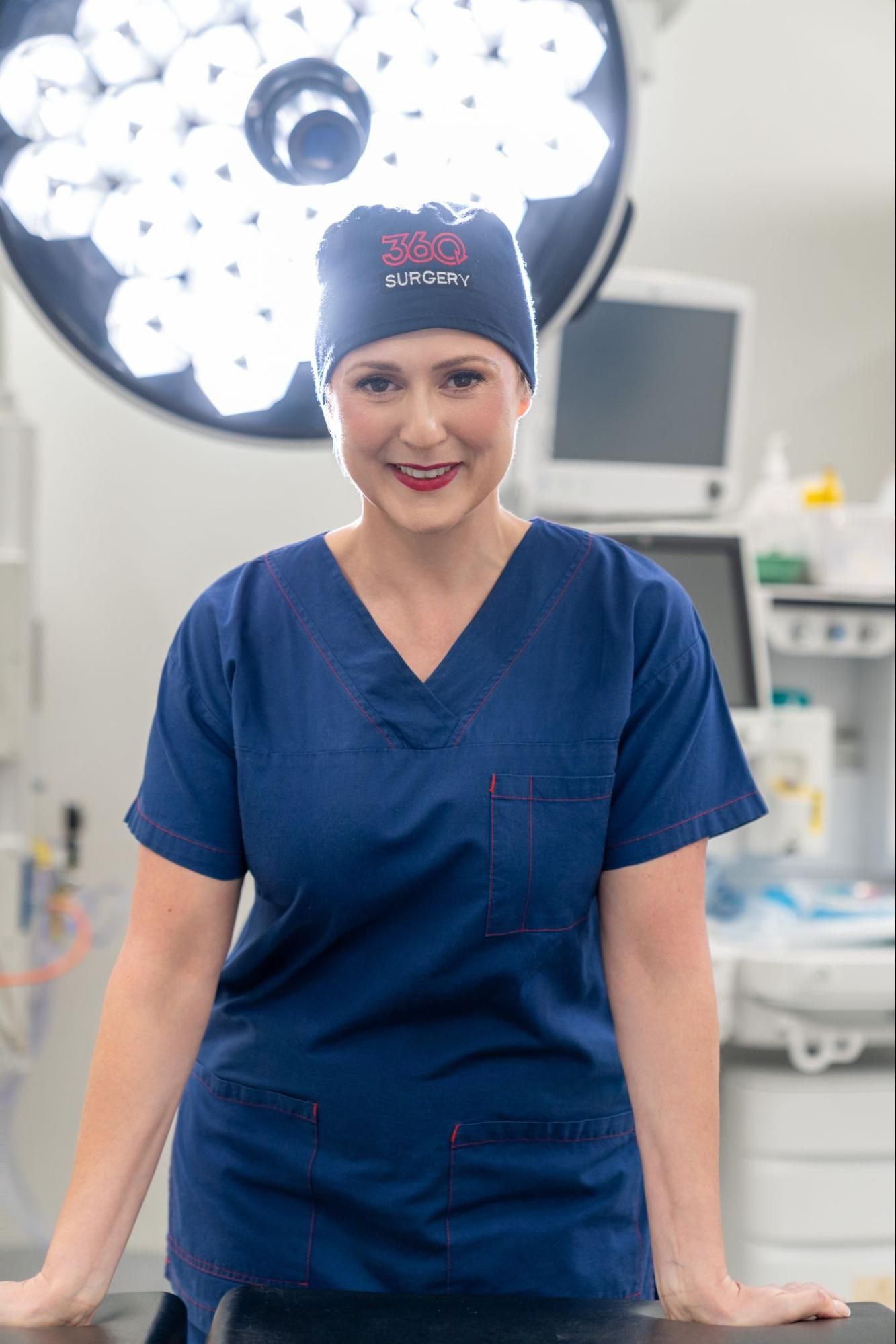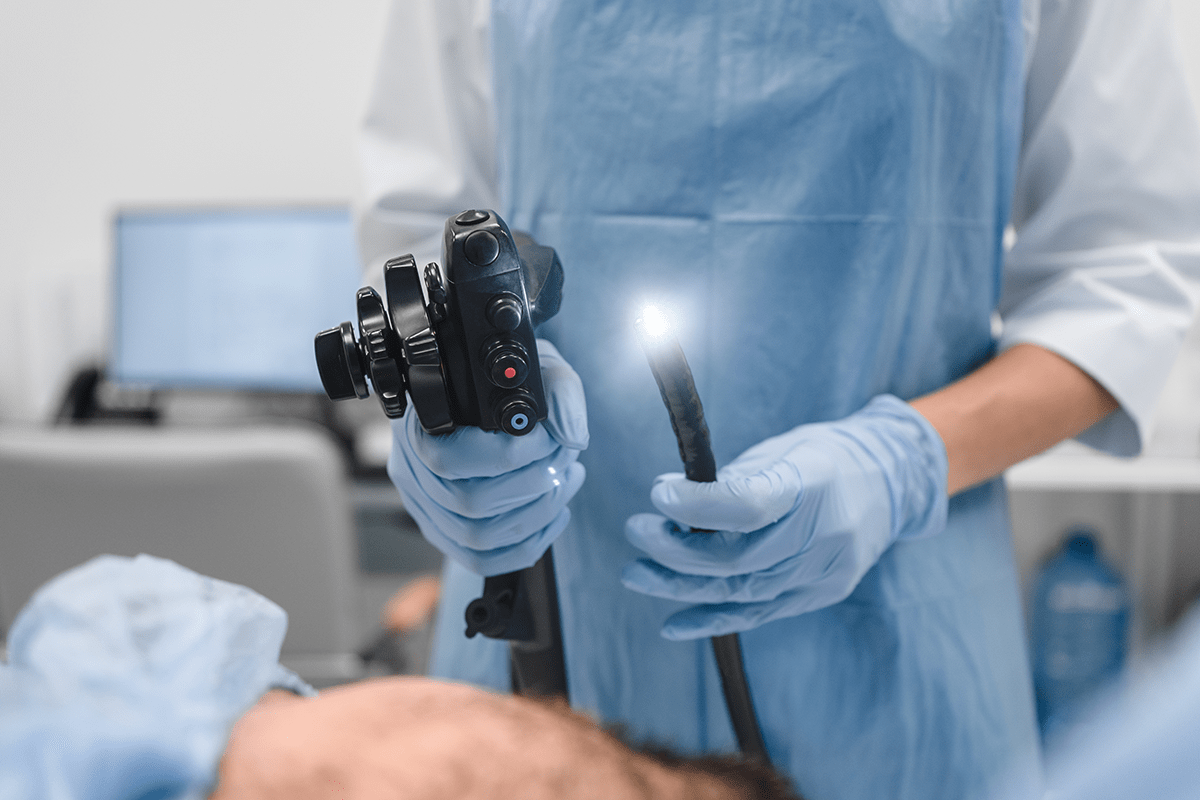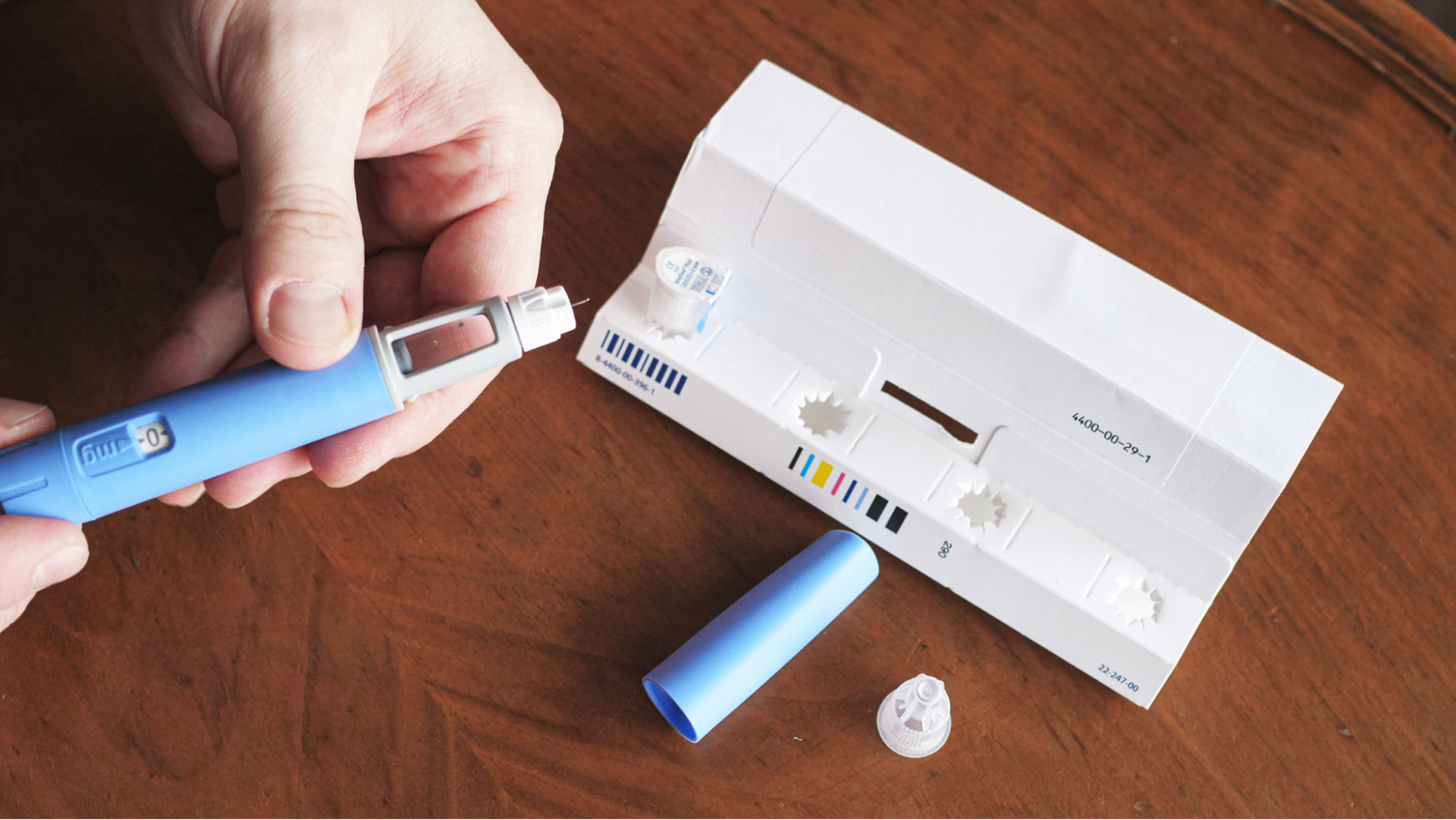Anti-Inflammatory Medications After Bariatric Surgery: What You Need to Know
Is It Safe to Take NSAIDs After Bariatric Surgery?
If you've recently undergone bariatric surgery, such as gastric bypass or sleeve gastrectomy, managing pain safely becomes a key concern. Many patients ask: Can I take anti-inflammatory medications after bariatric surgery? While NSAIDs (non-steroidal anti-inflammatory drugs) like ibuprofen, naproxen, and aspirin are widely used for pain and inflammation, they can pose serious risks after weight loss surgery.
Why Are NSAIDs Risky After Weight Loss Surgery?
After procedures like Roux-en-Y gastric bypass, mini gastric bypass, or SADI (single anastomosis duodenal switch), the digestive system is structurally altered. These changes make parts of your stomach and small intestine more vulnerable, especially to damage caused by NSAIDs.
The biggest risk is marginal ulcer formation—painful sores that develop at the surgical junction between the stomach and intestine. These ulcers can lead to bleeding, perforation, or infection if not properly managed. Even in sleeve gastrectomy, where the risk is lower, NSAID use is still discouraged unless specifically advised by your doctor.
Safer Alternatives to NSAIDs After Bariatric Surgery
To avoid these complications, consider these safer options for pain relief:
- Paracetamol (acetaminophen): A safe, effective choice for mild to moderate pain. It doesn’t irritate the stomach lining or increase ulcer risk.
- Topical pain relievers: Creams, patches, or gels containing diclofenac or menthol target local pain without affecting your digestive tract.
- Non-medication approaches: Heat therapy, ice packs, stretching, massage, and physiotherapy are drug-free ways to manage discomfort post-surgery.
When NSAIDs May Still Be Necessary
There are cases where NSAIDs, particularly low-dose aspirin, may be prescribed—for example, to reduce the risk of heart attack or stroke. In such situations, the benefits must be weighed against the risks, and your bariatric team should be involved in the decision-making process.
To reduce potential harm:
- Always consult your surgeon or GP before starting any NSAID.
- Proton pump inhibitors (PPIs) like omeprazole may be prescribed to reduce stomach acid and protect the stomach lining if NSAIDs are deemed necessary.
What Happens if You Take NSAIDs Without Advice?
Taking NSAIDs after bariatric surgery without medical supervision can lead to:
- Ulcer development
- Gastrointestinal bleeding
- Perforation or infection
- Delayed recovery or additional surgeries
This makes professional advice essential, even for over-the-counter pain medications.
Key Takeaways for Bariatric Patients
- Avoid NSAIDs unless specifically instructed by your bariatric surgeon.
- Choose safer alternatives like paracetamol or topical therapies for pain relief.
- Use PPIs if NSAIDs are necessary, and only under medical supervision.
- Communicate with your healthcare team before taking any new medications.
Conclusion
While NSAIDs are widely used for pain relief, they pose significant risks after bariatric surgery, especially for patients with gastric bypass or duodenal switch procedures. Paracetamol and non-drug treatments are usually safer choices. Always speak with your doctor before taking any medication post-surgery to protect your health and ensure a smooth recovery.


















